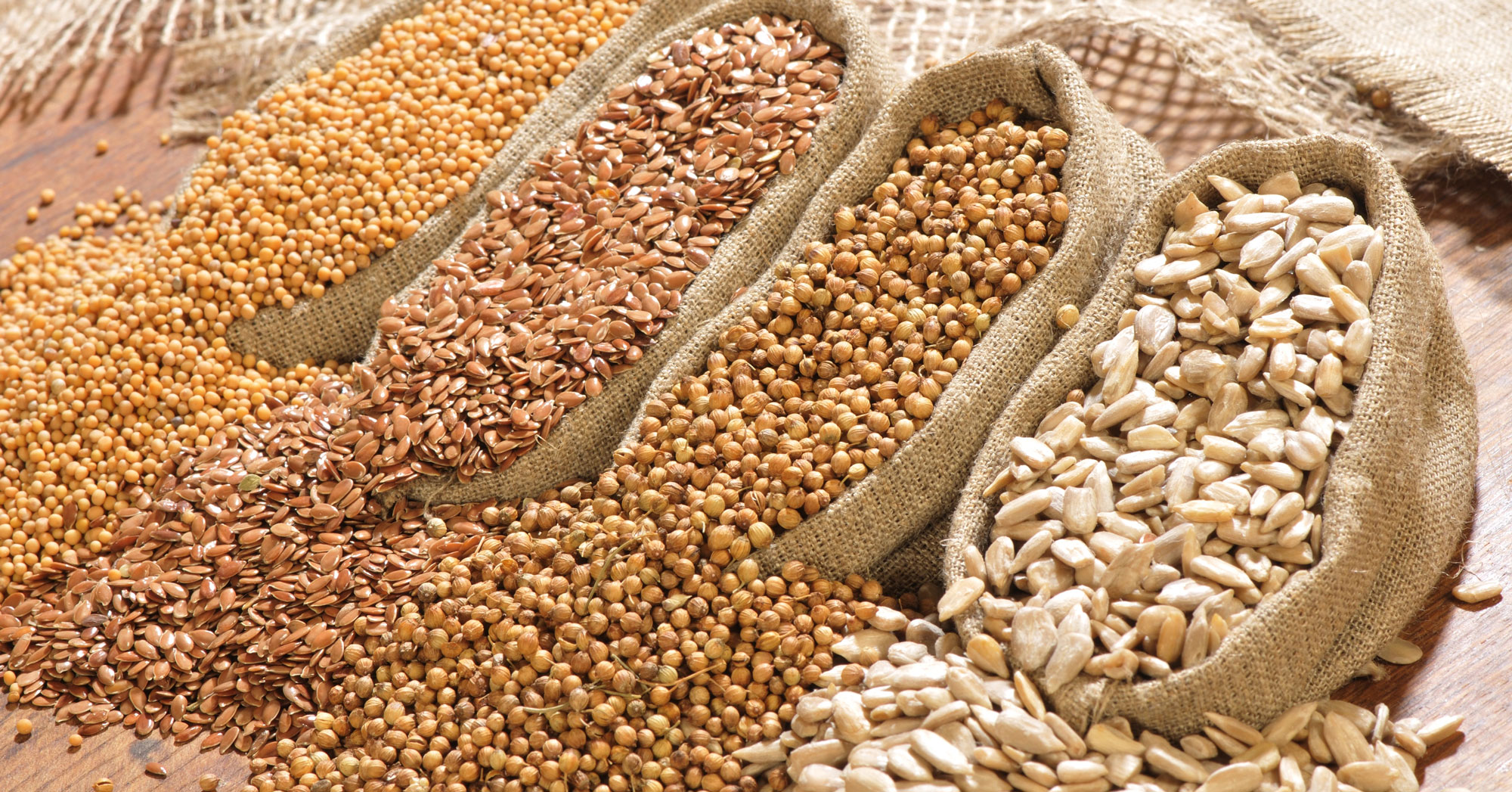
Over 200 environmental and farmer groups warn that Poland's deregulation proposal ignores critical questions
European countries must protect farmers, small- and medium-sized seed breeders, and the organic and GM-free sectors from threats to their business posed by the deregulation of new genetically modified organisms (GMOs), warns Greenpeace and more than 200 other organisations, including GMWatch. In a joint statement published today, they push back against a compromise proposal to deregulate new GMOs tabled by Poland, taking the rotating role of president of the EU Council, which representatives from national governments will meet to discuss on 14 February.
The Polish proposal covers genetically modified (GM) crops and wild plants produced with new GM techniques (so-called ‘new genomic techniques’, NGTs), which can carry risks for both human health and the environment. The draft focuses on plant patents while ignoring other critical questions such as traceability, detection and identification, coexistence, and potential risks to nature and human health. The deregulation will increase the control that just a handful of companies have over seeds, disadvantaging small- and medium-sized breeders, thereby strengthening their corporate grip on farmers. The NGOs, along with farmers and small- and medium-sized breeders, are warning that allowing the control of seeds to fall into the hands of just a few risks weakening our food supply chain and would likely lead to less seed diversity, which is critical for farmers to adapt to local farming conditions and climate change.
The joint statement expresses concern that new GMOs would be excluded from existing GMO EU regulations, which require GMOs to undergo mandatory labelling, safety checks, and detection methods. Consumers will be left in the dark about what’s really on their plates and the business of small- and medium-sized seed breeders, farmers, and the organic and non-GMO sectors in the EU will be jeopardised.
Greenpeace EU campaigner Eva Corral said: “The adoption of the proposal has been rushed through without first solving the many problems it creates. It shuts out small and medium breeders from the seed market and destabilises farmers in the food supply chain, only to prop up large seed corporations. It’s just as worrying for our health and environment. Safety checks for most new GMOs are being removed, releasing them unchecked into nature and our food system even though they can have risks.”
Since the initial proposal to change existing regulation of GMOs was tabled by the European Commission in July 2023, EU governments have been unable to agree on key issues like patents and labelling. The Polish Presidency revived the stalled proposal and published a compromise one in January 2025, despite strong public opposition to GMOs in Poland. The compromise builds on an earlier revision tabled by the Belgian Presidency in February 2024, which failed to draw a consensus.
Next steps
Poland hopes to secure a majority within the European Council, which would pave the way for the start of negotiations with the European Parliament to adopt the law. Greenpeace and the other signing organisations call on EU governments to reject the new GMO deregulation and demand that “all new GMOs remain covered by an assessment of the risks and monitoring, identification and detection methods, and traceability and labelling along the food chain.”
Read the joint statement here.
Source: Greenpeace










